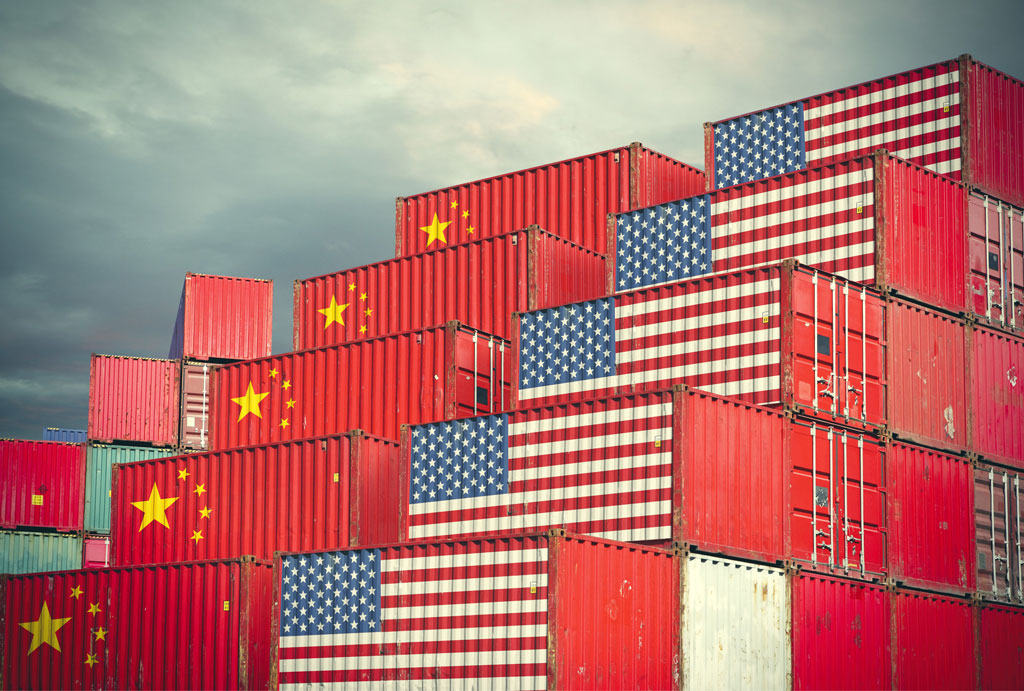Oil prices rose sharply in mid-August, going up more than they did any time prior in 2019. The declaration by the United States that it would delay the imposition of a planned 10 percent tariff on Chinese imports alleviated international concerns that the trade war was about to escalate. The Chinese products that the tariffs would have affected include consumer electronics. Earlier, the tariffs were scheduled to go into effect in September.
The trade war between the U.S. and China has been a drag on the growth of global energy demand. When the markets see some hope of easing tensions, they rise on the belief that greater trade will lead to greater demand for oil.
Brent LCOc1 futures went up by 4.7 percent to over $61 a barrel. It was the most that the Brent gained since last Christmas, when it went up by close to 8 percent. U.S. WTI CLc1 futures rose by 4 percent, to more than $57 a barrel, as well. Prior to the U.S. announcement about the postponement, Brent futures traded 20 percent below the levels seen in April 2019.
Oil prices were also supported by a decline in inventories, and trust that Saudi Arabia would honor its promises of production cuts.
Trade War Lacks Full Support of the Administration
White House officials haven’t agreed on what the best course of action may be with China. The Treasury Secretary and the director of the National Economic Council, for instance, have made public their optimism that a trade deal could be reached. President Trump and his trade advisor, however, believe that the current approach of imposing tough sanctions is the right way to go.
Nevertheless, the markets do not seem to believe that tariffs or a trade war are a good idea. When news went live that the tariffs were being put off, the Dow Jones industrial average rose close to 1.5 percent. The stocks of a number of consumer businesses, from Apple to Macy’s, rose as well. The tariffs would have hurt sales at these companies around the holiday season, as they added considerably to the prices of their products.
The President’s rhetoric so far has indicated a belief that tariffs have few, if any, negative effects on the economy. He has repeatedly said that the tariffs are paid for by the Chinese government and not by American consumers. His decision to put off the imposition of tariffs until December to spare consumers any price rises is the first indication that he believes otherwise.
Mixed Signals
Oil prices may have risen on August 13, but they crashed a day later when the financial markets began to see that the economy could head into a recession even with the delay of the imposition of the tariffs. The spread between two-year and 10-year treasury yields tends to be closely observed by economic analysts. It flipped for the first time in more than a decade. Two-year notes were changing hands at higher prices than 10-year treasuries, a market position that usually heralds an economic recession.
The WTI dropped 5 percent on August 14, when it was reported by the EIA that an inventory buildup of nearly 4 million barrels was in place. The large inventory would mean soft demand. Weak economic data from Europe and Asia put fear into the markets as well.
Recession Fears Loom
According to Sigma Drilling Technologies – the manufacturer behind popular pulsation solutions and dampener maintenance equipment favored by oil drillers – increasing crude inventory and falling demand as a result of weak global economic performance mean that the oil industry is no longer confident. The production cuts by OPEC+ were designed to counteract such effects, but they have proven insufficient for the challenge. Further cuts are unlikely.
A global recession usually only leads to lower demand for oil and depressed prices overall. A lot hinges on the outcome of the U.S. trade war with China. If the effects of the trade war are averted before new sanctions come into effect in December, it could help prop up oil prices.




